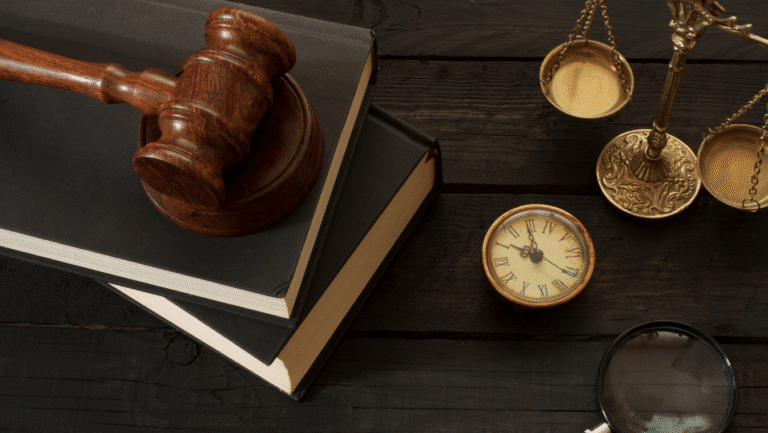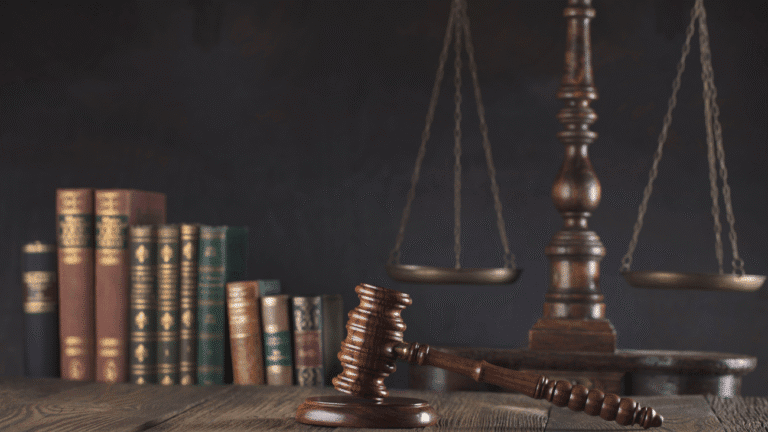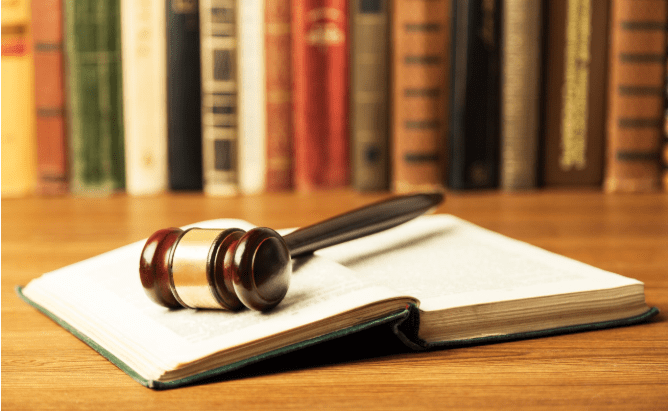Quevedo & Ponce - Legal News
New Regulation for the Calculation of Fines in the Field of Personal Data Protection
- July 24th, 2025
- Quevedo & Ponce
The regulation introduces technical and proportional criteria for imposing financial penalties for minor and serious violations.
It establishes parameters such as the nature and sensitivity of the affected data, the degree of responsibility of the offender, recurrence, duration of the violation, the economic benefit obtained, and the harm caused.
Additionally, it incorporates models and tables for determining the amount of fines, providing greater predictability and transparency in the sanctioning process.
This new tool aims to ensure a uniform application of the law for both public and private entities and becomes a key reference for all actors involved in the processing of personal data in the country.
At Quevedo & Ponce, we have experienced data protection attorneys ready to advise you on compliance with current regulations, prevent sanctions, implement appropriate data processing policies, and support you in administrative proceedings before the SPDP. Protect your organization with legal backing and professional expertise.
Más Artículos
Regulatory Framework for Non-Profit Organizations: Provisions of the Organic Law on Social Transparency and Its Regulations
An essential guide to understanding the legal framework governing non-profit organizations in Ecuador. This article outlines the obligations, procedures, and requirements established under the Organic Law on Social Transparency and its Regulations, as well as the supervision and control role of the Superintendence of Popular and Solidarity Economy (SEPS).
How to ensure a clear, valid, and proper property transfer
The purchase and sale of real estate in Ecuador is a legal act that requires document verification, compliance of notarial requirements, and registration before the Property Registry. This process demands a review of the property’s legal status and the involvement of a specialized attorney to ensure a valid, secure, and properly executed transfer of ownership.
The National Court of Justice establishes a new binding jurisprudential precedent on employer retirement compensation
The National Court of Justice has issued a new binding jurisprudential precedent that redefines the calculation of employer retirement compensation in Ecuador. Resolution No. 16-2025 specifies which amounts may be deducted from the employee’s individual retirement fund, reinforcing the principle of favorability and legal security in labor matters.
IESS and Enforcement Actions: The Constitutional Court Shields Shareholders and Bans Administrative Travel Restrictions
Constitutional Court Ruling 3364-21-EP/25 protects shareholders from IESS enforcement measures, prohibiting administrative travel bans and personal liability without judicial intervention. The decision strengthens corporate legal certainty and upholds the binding precedent 22-13-IN/20
Geographical Indications: Value and Protection of Origin
Geographical indications (GIs) are a form of intellectual property protection that recognizes the link between a product and its place of origin. They ensure that the product’s characteristics, quality, or goodwill derive from its geographic environment, helping preserve authenticity, strengthen the local economy, and protect the cultural heritage of communities.






